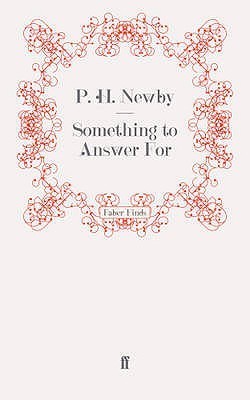What do you think?
Rate this book


284 pages, Paperback
First published November 1, 1968
You couldn’t answer for anything outside your own personal experience. And if you remembered your own experiences wrongly you didn’t count at all. You weren’t human. (p. 198)